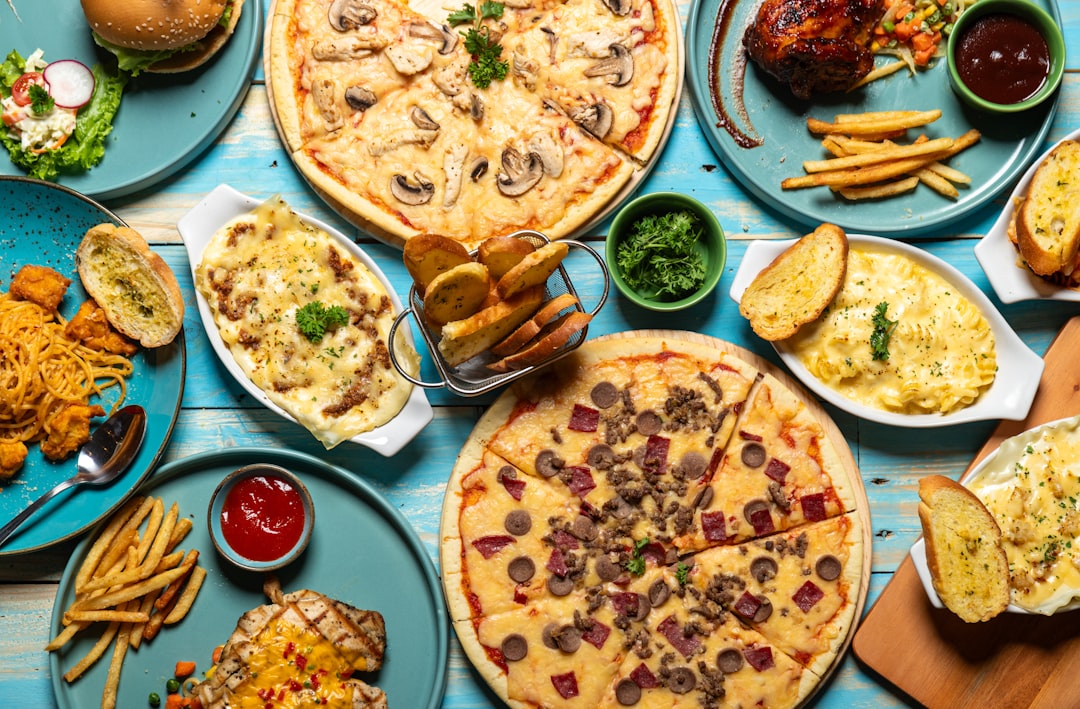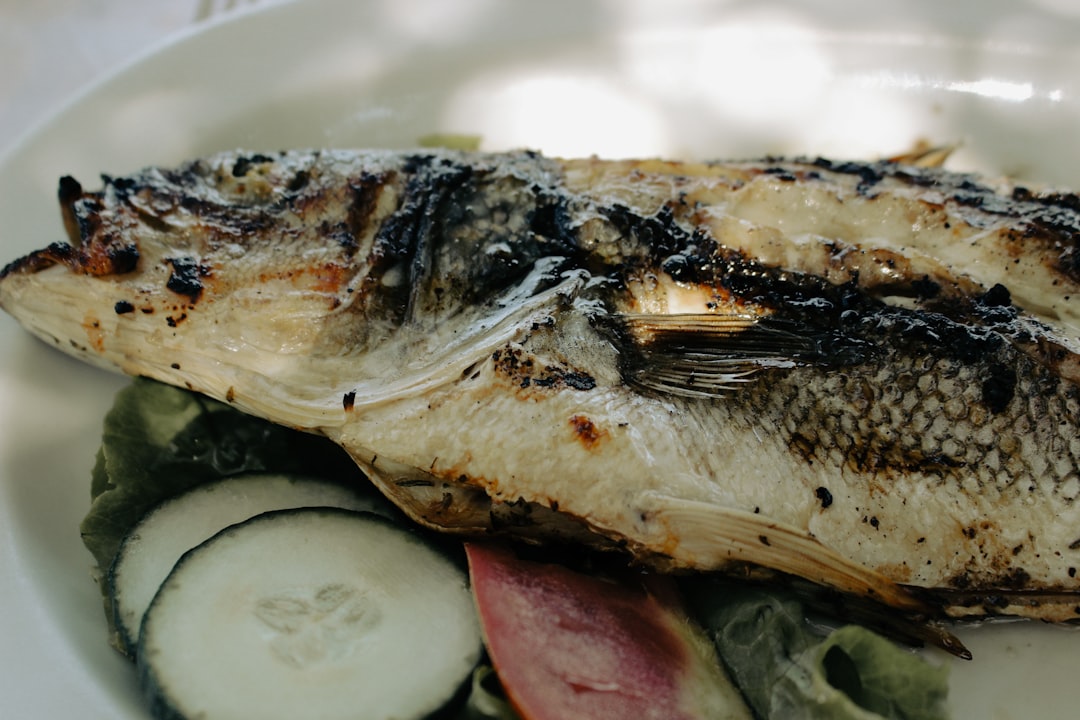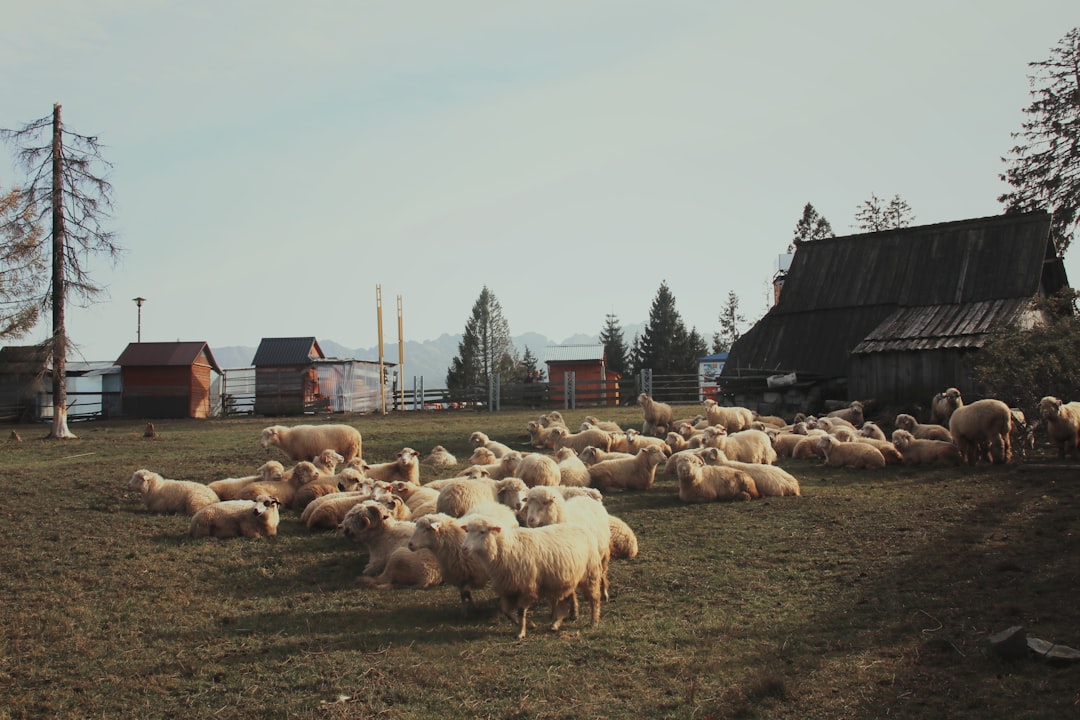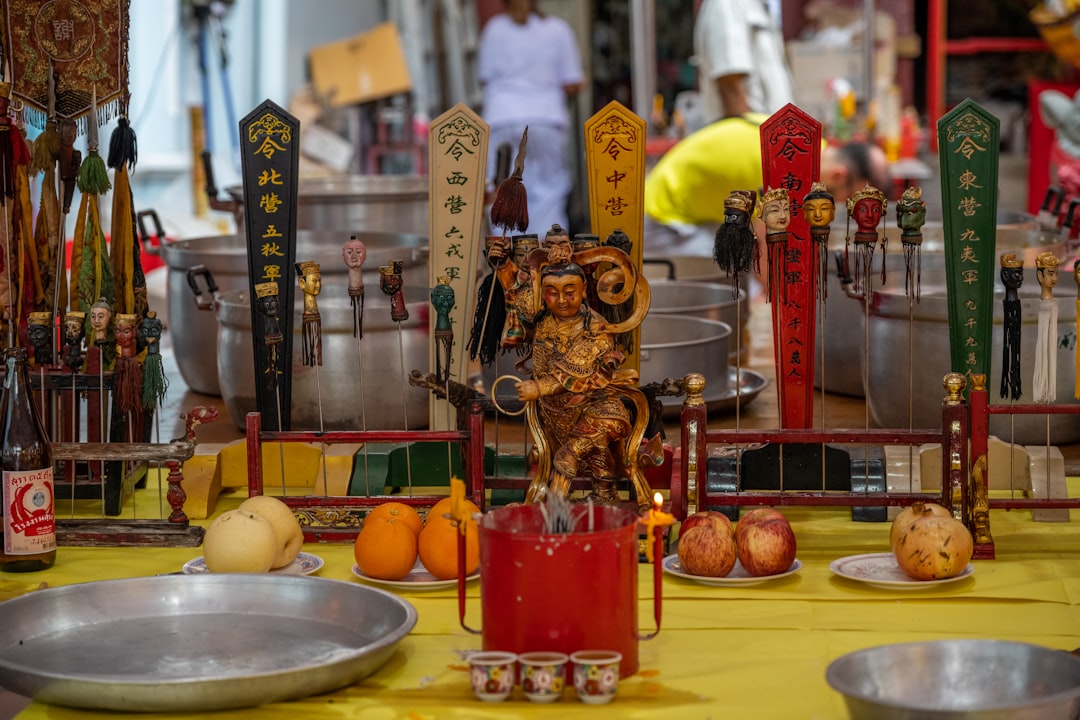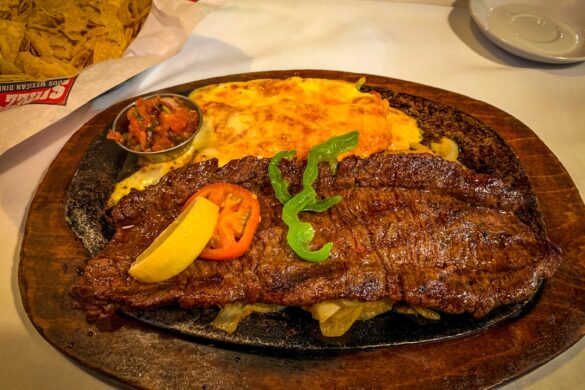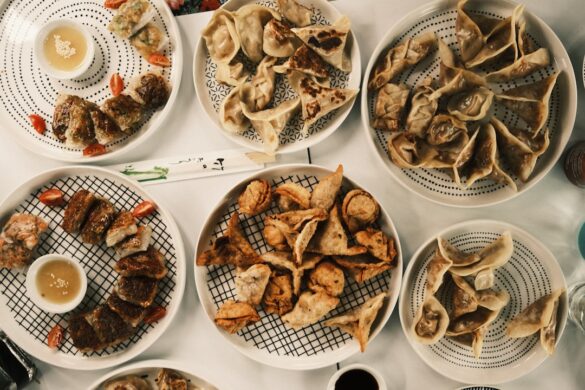Introduction: Portugal’s Culinary Charm
Portugal, a country blessed with an incredible array of landscapes and rich cultural heritage, is also a haven for food lovers. In 2025, unique culinary experiences await travelers, making it one of the must-visit destinations for anyone eager to indulge in authentic flavors and diverse cuisines. From traditional dishes served in charming taverns to trendy eateries offering modern twists, Portugal’s food scene is a delightful tapestry of tastes and aromas. In this article, we will explore some of the top culinary experiences you should not miss when visiting Portugal this year. Additionally, we will delve deeper into significant aspects of Portuguese cuisine to help you discover not only the flavors but the stories behind them, enriching your travel experience.
1. The Art of Portuguese Cuisine
Portuguese cuisine is characterized by its regional diversity, incorporating flavors from the land, sea, and even its former colonies. The culinary tradition highlights fresh local ingredients, simple yet flavorful preparations, and an unmistakable influence from various cultures over centuries. Notably, seafood plays a significant role in Portugal’s gastronomy, thanks to the country’s extensive coastline. The love for food transcends generations, with recipes that have been passed down through families, adding a personal touch to each dish.
When exploring Portuguese cuisine, be sure to try:
- Bacalhau à Brás: A comforting dish made from salted cod, finely chopped potatoes, onions, and scrambled eggs, garnished with black olives. This dish exemplifies the creative use of ingredients, as cod is considered a national symbol and is prepared in countless ways across the country.
- Caldo Verde: This famous soup, perfect for any season, comprises potatoes, kale, and chorizo, embodying Portugal’s soul in a bowl. This dish speaks to the heartiness and warmth of Portuguese hospitality.
- Pastéis de Nata: No culinary journey in Portugal is complete without tasting these creamy custard tarts with a caramelized top, originally from Lisbon. Fondly celebrated, these pastries reflect the influence of Moorish culture and are a sweet reminder of Portugal’s past.
2. Exploring Regional Specialties
Each region of Portugal offers unique culinary treasures that tell the story of its landscape and people:
2.1 Northern Portugal
In the north, dishes are hearty and comforting, with a focus on meats and rich sauces. Make sure to sample the Francesinha in Porto, a meaty sandwich drenched in a spicy sauce. Don’t forget the local wines like Vinho Verde, which pairs beautifully with local dishes. The landscapes here are rugged and dramatic, often reflected in the bold flavors crafted by local chefs.
2.2 The Alentejo Region
This region is known for its olive oil, wine, and slow-cooked dishes. Try the Porco Alentejano, a dish made with traditional black pork, and explore the region’s fantastic vineyards. The Alentejo region is a hidden gem, where the vast fields and peaceful countryside provide the perfect backdrop for savoring rich, earthy flavors.
2.3 The Algarve
Famous for its seafood, the Algarve offers a fresh catch of the day, grilled or served in delectable stews. Experience the renowned Cataplana, a seafood dish cooked in a clam-shaped copper pot, showcasing the region’s maritime bounty. Local fishing communities contribute to the vibrant seafood market, emphasizing sustainability and quality.
Every region in Portugal offers a unique story through its cuisine, inviting travelers to experience its rich diversity.
3. Experience Culinary Festivals
In 2025, Portugal hosts various food festivals celebrating its culinary heritage. Some highlights include:
- Festival do Marisco: Taking place in Olhão, this festival showcases the Algarve’s freshest seafood, along with music and entertainment. It’s not just about food; it’s a cultural event where traditional music and dance bring the community together.
- Lisbon Food Week: A week-long celebration of the city’s culinary talent, inviting local chefs and food enthusiasts to come together to savor unique dishes. This festival highlights the eclectic blend of traditional and modern cooking that defines Lisbon.
- The Slow Food Festival: This event focuses on traditional preparation methods and local ingredients, making it a must-visit for those interested in sustainable dining. Engaging with locals here provides insight into the farming practices and seasons that influence the cuisine.
Attending these festivals not only tantalizes your taste buds but also gives you insights into the cultural fabric of Portugal. You’ll find crafts, organically-grown products, and workshops that engage visitors in hands-on experiences, building connections beyond food.
4. Tips for Food Explorers
To make the most of your culinary journey through Portugal in 2025, here are essential tips:
- Indulge Like a Local: Look for neighborhood restaurants, locally known as tascas, where authentic dishes are prepared with love. The ambiance here often tells stories of family recipes, enhancing the experience of every bite.
- Ask for Recommendations: Don’t hesitate to ask locals for their favorite dining spots; they often know hidden gems that tourists may overlook. Engaging with locals enriches your understanding of the flavors through their stories and experiences.
- Pair Your Meals: Explore local wines that complement traditional dishes, enhancing your overall dining experience. Wine and food in Portugal are symbiotic, often highlighting local grape varieties that are less known outside the country.
With these insights, you are ready to dive into the delicious world of Portuguese cuisine and create lasting memories. Embrace the vibrant markets, friendly locals, and unique dining experiences that await you.
5. Book Culinary Experiences in Portugal
For an unforgettable culinary adventure, consider booking guided tours that highlight Portugal’s gastronomic scene. Viator, GetYourGuide, and G-Adventures offer various culinary experiences, including cooking classes, food tastings, and gourmet tours that allow you to explore the rich flavors of Portugal like a local. Whether you’re learning to bake Pastéis de Nata or taking a market tour, these experiences provide a deeper connection to the culinary heritage.
Conclusion: Savor the Flavors of Portugal
In 2025, Portugal remains an irresistible destination for food enthusiasts, blending time-honored traditions and innovative culinary practices. Whether you’re strolling through bustling markets, dining at charming restaurants, or savoring street food at local festivals, the vibrant food culture is sure to leave a lasting impression. Dive into this culinary journey and rediscover the joys of traditional and modern Portuguese cuisine. Each meal reflects the heart and soul of the country, offering stories that resonate well beyond the plate.
As you explore Portugal, embrace the opportunity to learn more about its culinary history and engage with the local dining culture. Remember that food is not just sustenance but a shared experience that builds bonds and creates lasting memories. For future trips, consider incorporating cooking classes or participating in local food tours to continue your culinary adventure even after leaving Portugal!
By understanding the culinary landscape of Portugal, you not only satisfy your palate but also engage with the local way of life, contributing to sustainable tourism that supports local economies and traditions. Every bite you take is a step into a vibrant world filled with stories and flavors that make Portugal an unforgettable destination.
Get ready to create your own culinary story in Portugal, as the flavors you encounter will surely inspire your own cooking adventures back home!
As you reflect on your culinary journey, consider how each dish represents a piece of Portugal’s history—from the exploration of spices during the Age of Discoveries to the rich agricultural traditions that continue today. This connection between food, culture, and history is what makes dining in Portugal a truly enriching experience.

